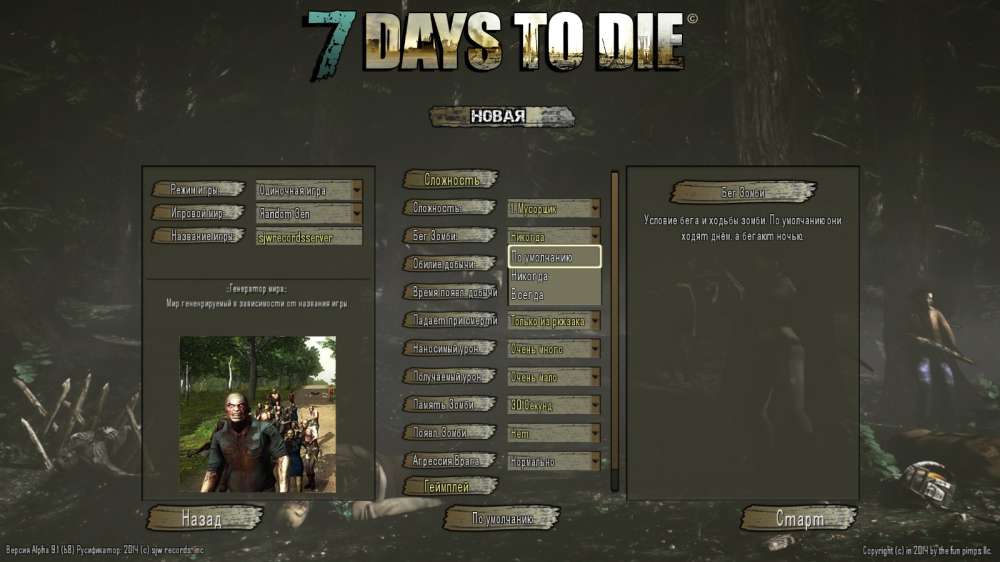
Hepatocellular carcinomas (HCCs) were induced in rainbow trout by dietary aflatoxin B1 (AfB1). We have investigated their salutary effect in both poor and high quality diets in rainbow trout Oncorhynchus mykiss as a model. The major causes of hepatocellular carcinomas are Aflatoxin, hepatitis B and hepatitis C viruses.Īlpha tocopherol and its acetate and succinate esters have each been reported as counteracting cancer development in humans and rodents. The stimulatory action of α-TEA on mitochondria and the accompanying reactions, such as reactive oxygen species production, and induction of apoptosis might have some effect on malarial infection. This study showed the beneficial effects of α-TEA on the experimental infection of mice with P. yoelii 17XL infection was significant, no synergistic or additive effects were observed from the survival curve. Although the combined effect of α-TEA and dihydroartemisinin (DHA) or chloroquine on P. yoelii 17XL survived during the observation period when treated with 10 mg/head/day of α-TEA for 3 days from day 3 after infection. Although the infected mice in the solvent control died within 10 days after infection, 90% of the mice infected with P.

yoelii 17XL infection was also significant. These results indicated that α-TEA functions effectively even when administered post-infection. However, all control mice died within 12 days after infection. yoelii 17XL-infected mice survived during the observation period. When 0.25% α-TEA was mixed with the diet for 7 days before infection and 14 days after infection (in total for 21 days), for 14 days after infection, and for 11 days from the third day after infection, all P. Finally, the combined effect of α-TEA and dihydroartemisinin or chloroquine on P. yoelii 17XL infection in mice was examined.
#28 DAYS TO ALPHA PDF SERIES#
In another series of experiment, the effect of the oral administration of α-TEA on P. yoelii (strain 17XL) were inoculated by intraperitoneal injection.

For parasite infection, 4 × 10⁴ red blood cells infected with P. In this study, the effects of the administration of α-tocopheryloxy acetic acid (α-TEA), which is a vitamin E analogue mitocan, on Plasmodium yoelii infection in mice were examined.Īlpha-TEA was mixed with diet and fed to C57BL/6J mice before and/or after infection. Malaria parasites are known to be vulnerable to oxidative stress. We demonstrate that for designing clinical trials in patients, the highest non-severely toxic dose (HNSTD) of α-TEA is 1500 mg/kg/day in Beagle dogs and this data informed the design of dose-escalation studies of α-TEA in patients with advanced cancer. Histopathological evaluation of major organs revealed no significant lesions related to α-TEA-treatment. These levels returned to normal at the end of the recovery period. At the highest dose, increases in white blood cells and fibrinogen levels were observed. Our findings showed that there was no α-TEA-related mortality or moribundity. At the end of the dosing period, blood was taken and toxicokinetic analyses and histopathology assessments were performed when animals were necropsied. During the treatment, animals were observe for clinical signs, food consumption, body weight, and subjected to ophthalmoscopic, and electrocardiographic assessments. α-TEA plasma levels were determined by high-performance liquid chromatography (HPLC) with mass spectrometric detection. Male and female beagle dogs received capsules of α-TEA Lysine Salt at doses of 100, 300, 1500 mg/kg/day. We report a comprehensive study to evaluate the toxokinetics of good manufacturing practice (GMP)-grade α-TEA in dogs after daily oral administration for 28 days, followed by a 28-day recovery period. Preclinical in vitro and in vivo data demonstrated that α-TEA is a potent anti-tumor agent with a safe toxicity profile in mice.

Alpha-tocopheryloxyacetic acid (α-TEA) is a semi-synthetic derivative of naturally occurring vitamin E (alpha-tocopherol) that can be delivered via an oral route.


 0 kommentar(er)
0 kommentar(er)
